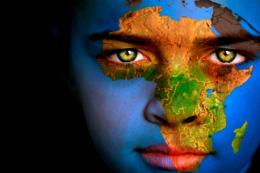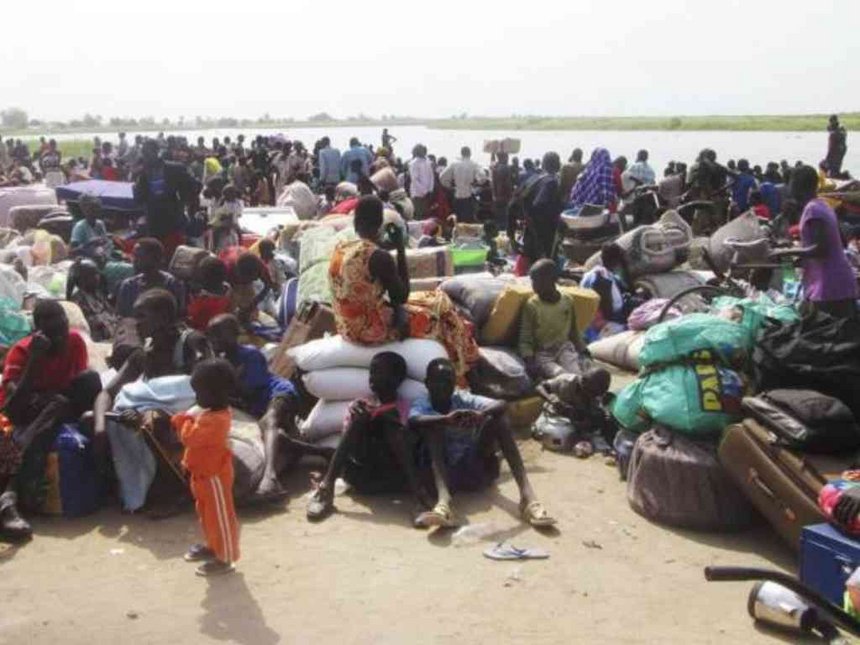| |||||||||
|
|||||||||
|
By:
GILBERT KOECH | |||||||||
| Posted:
Jan,16-2017 16:02:43
| |||||||||
| Grave human rights violations and abuses -- including killings and gang rapes -- as well as serious violations of international humanitarian law were committed during and after the fighting in Juba. The UN reported this on Monday saying there was widespread impunity, as violations continue unabated six months after the violence. Fighting rocked the country from July 8, pitting the Sudan People’s Liberation Army and the Sudan People's Liberation Movement/Army in Opposition. The report, by the UN Mission in South Sudan and the UN Human Rights Office, found that "the belligerents blatantly ignored international human rights law and humanitarian law". "The July events in Juba demonstrated the extremely fragile political and security situation in South Sudan and the complete disregard of civilians by the SPLA and SPLM/A-IO, given the serious human rights violations and abuses that were perpetrated, including the direct targeting of civilians, along ethnic lines and the extreme violence against women and children", the report states. "Information documented and verified by the Human Rights Division suggests that hundreds of people, including civilians, were killed and many more wounded during the fighting in various areas of Juba." UNMISS documented 217 victims of rape, including gang-rape, committed by SPLA, SPLM/A-IO fighters and other armed groups, during and after the fighting. "According to victims’ testimonies and witnesses’ accounts, most cases of sexual violence were committed by SPLA soldiers, police officers and members of the National Security Services (NSS)," the report said It added that at checkpoints, women and girls were ordered to cook for the soldiers as their friends or family members were raped. The report says Nuer men and women were particularly targeted for attacks, including killings and arrests, during house-to-house searches. Nuers with tribal markings on their foreheads particularly vulnerable. The whereabouts of some of those arrested remain unknownUN High Commissioner for Human Rights Zeid al-Hussein said the fighting was a serious setback for peace in South Sudan and showed just how volatile the situation in the country is, with civilians living under the risk of mass atrocities. In total, a staggering 1.38 million nationals have fled to other countries while another 1.8 million have been internally displaced. The report emphasises the need for accountability and justice for all human rights violations. It urges the Transitional Government of National Unity to take action to "break the cycle of violence and impunity", and take steps to fully support the prompt establishment and opening of the Hybrid Court for South Sudan by the African Union. The report also recommends that the government ensures all victims have access to effective remedy, and just and fair reparation including compensation and rehabilitation. In Greater Equatoria, the UN Human Rights Office has received credible reports of serious human rights violations and abuses committed by SPLA and SPLM/A-IO in and around Yei, including killings, sexual violence, abductions and destruction of civilian property. As a result, thousands of civilians have fled Yei and surrounding towns. They have sought refuge in other regions and in neighboring countries. Early in January, fighting in and around Yambio in Western Equatoria resulted in the displacement of at least 7,000 civilians, mostly women and children. Al-Hussein reminded the government of its obligation to protect the rights of all South Sudanese and bring to an end the desperate suffering of the people. | |||||||||
|
Source:
The Star
| |||||||||
|
||||||||||||||||||||||||||||||||||||||||||||||||||||||||||||||||||||||||||||||||||||||||||||||||||||||||||||||
|
||||||||||||||||||||||||||||||||||||||||||||||||||||||||||||||||||||||||||||||||||||||||||||||||||||||||||||||


.jpg)




